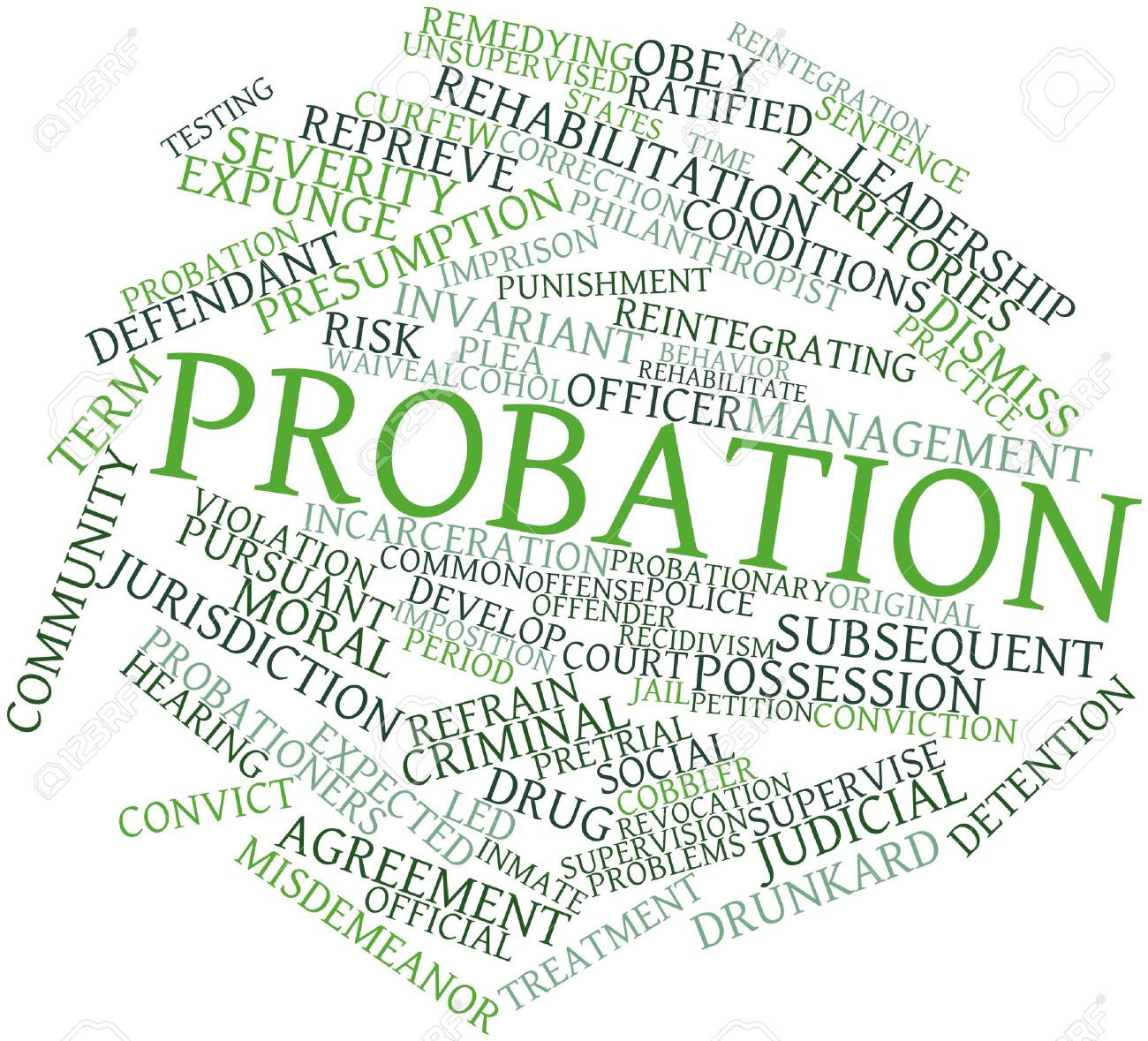




Bad News – A Colorado Deferred Judgment Is Not Technically A Probation Sentence
By H. Michael Steinberg Colorado Probation Violation Criminal Defense Lawyer – Attorney
Bad News – A Colorado Deferred Judgment Is Not Technically A Probation Sentence – When a deferred judgement is revoked and regular probation is imposed, a new Colorado case holds that “credit” for the time spent on the deferred judgement is not required to be applied to the new term of probation.
Understanding The Colorado Deferred Judgement And Sentence
While the terms are sometimes confused and interchanged – a deferred judgement and sentence is a “dispositional alternative” to a sentence to probation.
They are not the same thing.
A recent Colorado case has held that the intended period of time served on what later turns into an unsuccessful deferred judgment does NOT qualify as time served on probation.
The pronouncement of a “sentence” under Colorado law is defined as:
“.. that part of a judgment which describes the punishment imposed by the court following the defendant’s conviction for a criminal offense,” and probation is a form of sentence that may be imposed upon entry of a judgment.”
Strictly speaking “probation” is “a sentence where judgement (conviction) is imposed.” The only role of the Court in sentencing an individual to probation is to set the “conditions” of probation. The Judge retains authority to modify the conditions of the sentence or to re-sentence the offender if he violates the conditions of probation.
If a Judge accepts a Colorado Defendant’s guilty plea, the Judge must enter judgment and sentence.
The exception is the deferred judgment and sentence. Commonly referred to as a “deferred judgement” or “DJ and S.” If a defendant successfully completes a “DJ and S,” the judgment of conviction never enters on his or her record and the case may be sealed under Colorado law.
A Colorado Deferred Judgement Is Essentially A Continuance – 18-1.3-102(1)(a), C.R.S.
Colorado Law Section 18-1.3-102(1)(a), C.R.S., (the deferred judgment statute in felony cases) authorizes a court, after acceptance of a defendant’s guilty plea and upon consent of all parties,
“…to continue the case for the purpose of entering judgment and sentence upon the plea of guilty for a period not to exceed four years for a felony . . . .”
The law states:
“As a condition of continuing the case, the trial court is empowered to implement probation-like supervision conditions that the defendant must adhere to.”
The nature of the “conditions” of the deferred judgement are arrived at by agreement of the parties and approval of the agreement by the Judge. These conditions are called “stipulations” and run, like a contract, between the Defendant and the Prosecution and are “...similar in all respects to conditions permitted as part of probation.”
When Things Go Wrong On A Colorado Deferred Judgement And Sentence
As a result of a successfully completed probation sentence:
“…the plea of guilty previously entered shall be withdrawn and the charge upon which the judgment and sentence of the court was deferred shall be dismissed with prejudice.”
But – and here is the rub – if a Judge finds there has been a violation of a condition regulating the defendant’s conduct the Court must revoke the deferred judgment and “enter judgment and impose sentence upon the guilty plea . . ” § 18-1.3-102(2).
If a Colorado Defendant fails at a deferred judgement he or she is usually sentenced to “regular probation” upon entry of the judgment of conviction. There is no right to some sort of “credit” for the months or years that have already passed while on the deferred judgement and that is BECAUSE a deferred judgement is NOT a sentence to probation.
Unlike a sentence that includes a suspension of sentence, a deferred judgement is not a sentence, it is the absence of a sentence – no sentence has been imposed or suspended by definition it has been “deferred.” A deferred judgment is like a continuance with probation-like supervision conditions.
Summary And Conclusion – Bad News – A Colorado Deferred Judgment Is Not Technically A Probation Sentence
If a Colorado Defendant is in violation of a deferred judgement, and the deferred judgement is revoked, after the conviction is imposed, the term of regular probation usually starts again and the term of years is usually repeated.
Of course that term of probation can be the subject of negotiation with the State (plea bargaining) or as a result of an exercise of discretion by a Judge, but there exists no right to apply the time already served on the deferred judgement to the new term of “regular probation.”
Bad News – A Colorado Deferred Judgment Is Not Technically A Probation Sentence
If you found any of the information I have provided on this web page article helpful please click my Plus+1 or the Share buttons for Twitter and Facebook below so that others may also find it.
 ABOUT THE AUTHOR: H. Michael Steinberg – Email The Author at:
ABOUT THE AUTHOR: H. Michael Steinberg – Email The Author at:
A Denver Colorado Criminal Defense Lawyer – or call his office at 303-627-7777 during business hours – or call his cell if you cannot wait and need his immediate assistance – please call 720-220-2277.

Other Articles of Interest:
- When Does A Colorado Probation Sentence Actually Start?
- Will A New Deferred Judgement And Sentence Act To Revoke A Prior Deferred Judgement And Sentence Under Colorado Law?
- The Colorado Deferred Judgment And Sentence & The Risk of Violation
- Colorado Criminal Law – Can You Use Medical Marijuana While On Probation in Colorado – Update – A New 2015 Law Says YES With Conditions
- The Conditions Of Probation In A Colorado Deferred Judgement and Sentence And The Criteria For Granting Probation













